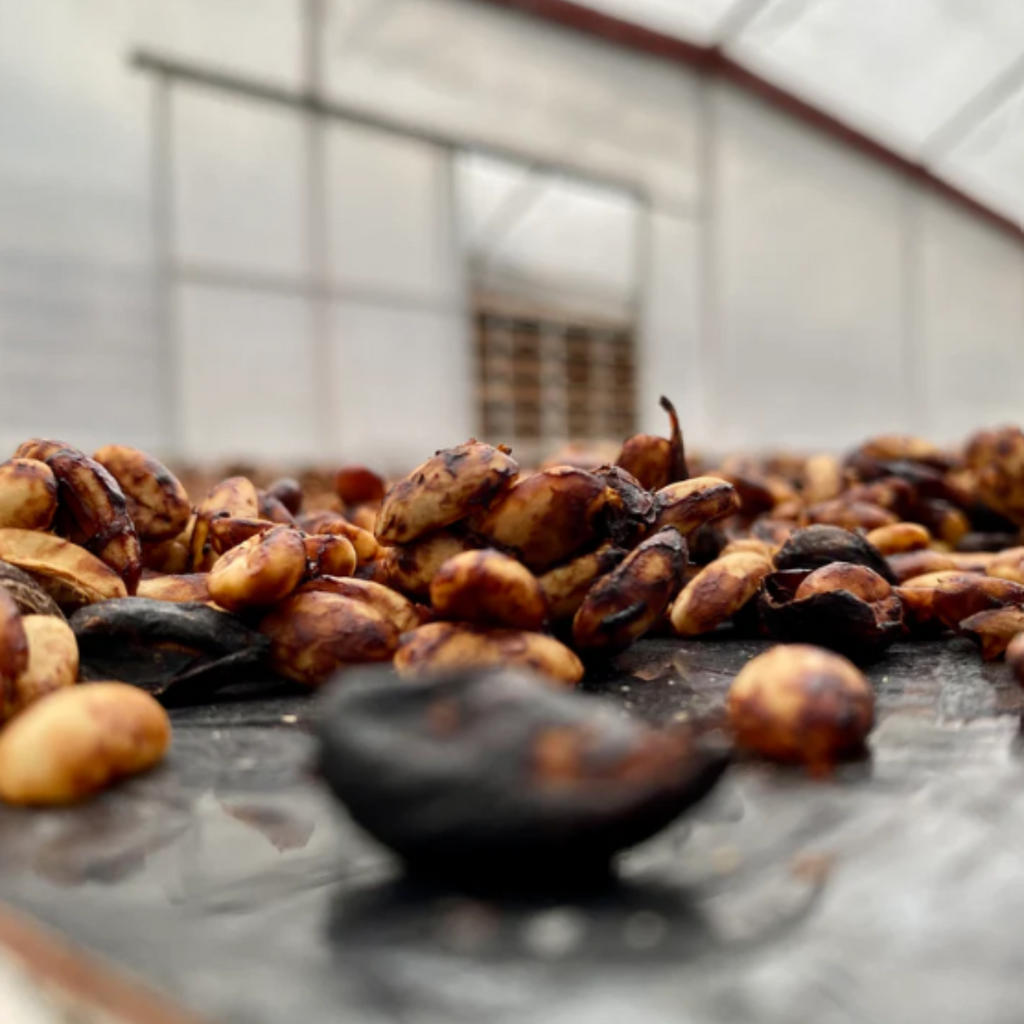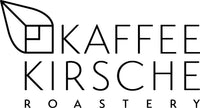Red Honey from Aquiares Estate - new beans from Costa Rica

Costa Rica – the small Central American country wedged between the Pacific and the Caribbean – has established itself as a pioneer in sustainability, biodiversity, and quality coffee over the past few decades. The country produces only around 1% of the world's coffee – but with an uncompromising commitment: quality over quantity. One of the most exciting places where this commitment comes to life is Finca Aquiares, located in the hills of Turrialba in central Costa Rica.
Costa Rica as a coffee exporting country
Costa Rica is one of the first countries to focus on single-origin Arabica coffee and to legally prohibit the cultivation of Robusta – for reasons of quality and biodiversity. Coffee has been cultivated here since the 19th century, and not just anywhere, but on fertile volcanic soils crisscrossed by cloud forests, streams, and fascinating biodiversity.
Particularly impressive is how closely the country's coffee culture is linked to issues of sustainability, social justice, and technological innovation. Coffee farmers operate micro-mills, pursue their own fermentation and drying processes, and increasingly invest in climate-resilient varieties. Last but not least, Costa Rica serves as a model when it comes to direct trade.
Finca Aquiares – Coffee, community and circular thinking
At the heart of this movement lies Finca Aquiares, one of Costa Rica's largest and oldest coffee farms—and also one of its most progressive. Founded in 1890, the farm encompasses over 900 hectares of land and is located at an altitude of 800 to 1400 meters above sea level. What makes it special? A radically holistic approach that goes far beyond coffee.
Aquiares is more than a farm—it's a village. Around 1,800 people live here, many in houses provided by the farm. The farm runs its own school, church, and medical center. Education, social security, and regular employment are central to the project. Those who work here are part of a community.
Coffee grows here in the shade of over 50 tree species—a sophisticated agroforestry system that conserves water, protects soils, and provides habitats for animals. The farm practices reforestation and has protected a large portion of its land. A sign that quality and ecology can go hand in hand.
Finca Aquiares is a place for innovation. In addition to classic washed coffee, honey-processed and natural coffees are also produced here. Particularly popular are the Centroamericano H1 coffees, a cross between rustic resilience and a delicate flavor profile—with notes of tropical fruits, caramel, and floral tones.
The farm uses state-of-the-art fermentation methods, including controlled anaerobic fermentation and carbonic maceration—techniques more commonly used in winemaking.
Particularly important: The farm values transparency. Every lot is traceable. The exchange with roasters worldwide is personal, open, and long-term. In a time when sustainability often degenerates into a buzzword, Finca Aquiares demonstrates what it means to operate holistically. It is a living example of how social impact, ecological responsibility, and the highest quality can be combined.
Our Aquiares Honey from Costa Rica
The bean comes from the F1 hybrid Centroamericano H1, bred from the cross between Sarchimor T‑5296 and a wild Rume Sudan variety, was specifically developed for high yield, disease resistance, and a complex cup profile at an altitude of 1,200 m in Turrialba, Costa Rica.
In the Red Honey processing leaves a portion of the pulp (mucilage) on the bean before it is slowly dried on drying beds. The result: a sweet, clean, and fruity green coffee with intense depth.
After removing the cherry skin, the red mucilage remains on the bean, which is then gently dried on raised drying beds for 18–24 days. The resulting sugars are stored within the bean, providing sweetness, body, and depth of fruit.
Short profile of Aquiares Honey:
Country of origin : Burundi
Region : Ngozi
Processing : washed
Variety : Bourbon
Cultivation height : 1,600 - 1,900 masl.
Taste : Red plum, chocolate cookie, white grapes
Body : balanced
Sweetness : subtle
Acidity : fruity
Roasting : Filter & Espresso
______
Discover our Aquiares Red Honey now as a filter or espresso roast .
